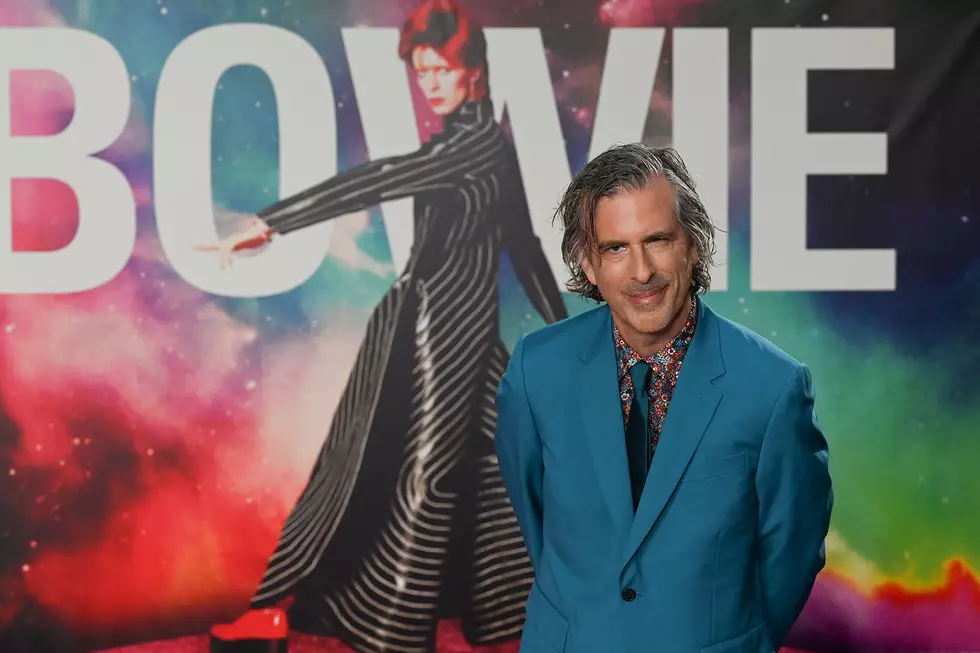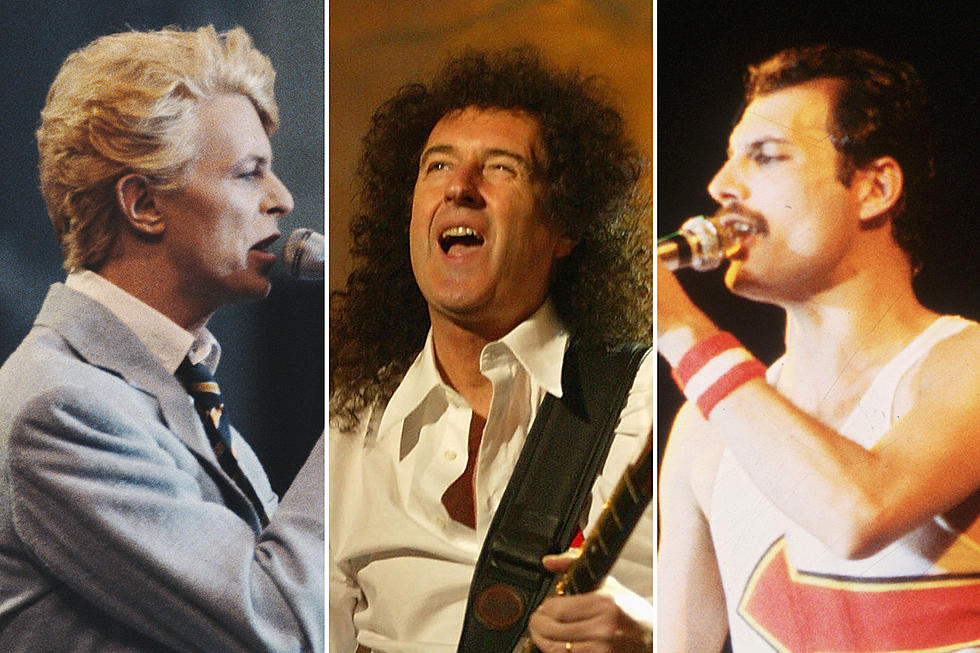
Lesson From David Bowie Helped Complete ‘Moonage Daydream’ Script
Filmmaker Brett Morgen said he took a lesson from David Bowie as he struggled to write the script for Moonage Daydream.
He’d already spent much more time than expected on the project, having predicted that the scriptwriting would take a week at most. Instead, it stretched into months as Morgen fought to find a “through line” that made sense of the archive material he wanted to use.
“I drove to work one day and I didn’t want to go into my office,” Morgen tells Variety. “It was like a coffin. Nothing was happening in there. So I flew to Albuquerque on a whim and got on an Amtrak and I said, ‘I’m not coming home until I crack this.’”
He said “one of the great lessons from Bowie is get out of your comfort zone, and one of the things that the film deals with head-on is how Bowie liked to be in transit, to create and be a kind of cultural anthropologist. So I got to Albuquerque, I got on a train, and the second the train started moving, the floodgates opened. By the moment I had arrived. I had settled on the through line. … When the train pulled into L.A., I had something to operate from.”
Morgen added that the “most satisfying” footage that he tracked down was a movie Bowie made in 1984, titled Ricochet. “It was fairly dismissed at the time,” he said. “It was David walking around Southeast Asia. I saw an awful VHS copy. There wasn’t anything on YouTube. There was like nowhere to access this thing and I was like, ‘Oh my God, it’s the Holy Grail. It’s a stranger in a strange land. It’s the visual metaphor that I need to anchor this film.’”
Bowie’s estate didn’t have the movie on its inventory list, sparking a search that lasted 18 months. “Then our archivist stumbled across it by accident, filed under the wrong name,” Morgen said. “That to me was more valuable than any unseen, never-before-released stuff because I just knew how integral it was to the experience I wanted to present.”
He reported that Bowie’s comfort-zone message had also modified his future plans, which at one stage included making similar-style movies about other artists. “One of the takeaways from my work with Bowie was the need to continue to challenge myself,” he explained. “I have decided to step away from archival filmmaking for a while, and am developing something that’s more rooted in direct cinema.”
Rock Star Phobias: What Scares Your Favorite Artists?
More From Ultimate Classic Rock









